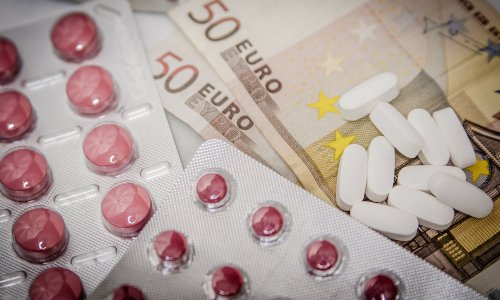Drug patents expiry will save healthcare billions
European healthcare providers could benefit from savings of over €3.8 billion a year by 2014 as patents expire on leading pharmaceutical products and the market opens up to generics competition, according to latest research from independent market analyst Datamonitor (www.datamonitor.com).
Over the next few years, patent protection ends for many top-selling drugs, with lower priced generic versions anticipated to flood the market. Although therapeutically equivalent, the lower price of these drugs is achievable because generic companies do not have to invest in the expensive process of research, development and testing and can therefore sell these drugs at a significant discount to the branded products, Datamonitor points out.
In the EU, the average discount for generic drugs is 34%. In the US, which recently passed a major reform to its healthcare system, savings are even greater -- average 80% – helping healthcare providers to save nearly £30 billion a year by 2014.
Whilst generics companies and healthcare providers are set to benefit, globally speaking, leading pharmaceutical companies are set to lose £52 billion from drugs facing patent expiry over the 2010 – 2014 period, on top of the £21 billion of continued losses from already expired drugs.
14.05.2010





